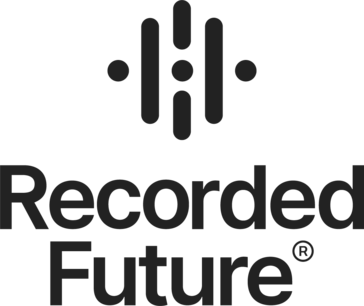Kibana and Recorded Future integration


How to connect Kibana and Recorded Future
Create a new workflow and add the first step
In n8n, click the "Add workflow" button in the Workflows tab to create a new workflow. Add the starting point – a trigger on when your workflow should run: an app event, a schedule, a webhook call, another workflow, an AI chat, or a manual trigger. Sometimes, the HTTP Request node might already serve as your starting point.
Build your own Kibana and Recorded Future integration
Create custom Kibana and Recorded Future workflows by choosing triggers and actions. Nodes come with global operations and settings, as well as app-specific parameters that can be configured. You can also use the HTTP Request node to query data from any app or service with a REST API.
Supported methods for Kibana
Delete
Get
Head
Options
Patch
Post
Put
To set up Kibana integration, add the HTTP Request node to your workflow canvas and authenticate it using a predefined credential type. This allows you to perform custom operations, without additional authentication setup. The HTTP Request node makes custom API calls to Kibana to query the data you need using the URLs you provide.
Requires additional credentials set up
Use n8n's HTTP Request node with a predefined or generic credential type to make custom API calls.
Supported API Endpoints for Recorded Future
GetEntity
Retrieve details of a specific entity.
SearchEntities
Search for entities based on criteria.
ListEntityTypes
List all entity types available.
GetEntityAssociations
Retrieve associations for a specific entity.
GetEntityRiskScore
Retrieve risk score for a specific entity.
GetAlerts
Retrieve a list of alerts.
GetAlertDetails
Retrieve details of a specific alert.
CreateAlert
Create a new alert.
UpdateAlert
Update an existing alert.
DeleteAlert
Delete a specific alert.
GetIntelligence
Retrieve intelligence for a specific query.
SearchIntelligence
Search for intelligence data.
GetIntelligenceTrending
Retrieve trending intelligence data.
GetIntelligenceByCategory
Retrieve intelligence data by category.
GetIntelligenceSummary
Retrieve summary of intelligence data.
GetRiskLists
Retrieve a list of risk lists.
GetRiskListDetails
Retrieve details of a specific risk list.
CreateRiskList
Create a new risk list.
UpdateRiskList
Update an existing risk list.
DeleteRiskList
Delete a specific risk list.
To set up Recorded Future integration, add the HTTP Request node to your workflow canvas and authenticate it using a predefined credential type. This allows you to perform custom operations, without additional authentication setup. The HTTP Request node makes custom API calls to Recorded Future to query the data you need using the URLs you provide.
Take a look at the Recorded Future official documentation to get a full list of all API endpoints
Kibana and Recorded Future integration details
FAQ
Can Kibana connect with Recorded Future?
Can I use Kibana’s API with n8n?
Can I use Recorded Future’s API with n8n?
Is n8n secure for integrating Kibana and Recorded Future?
How to get started with Kibana and Recorded Future integration in n8n.io?
Looking to integrate Kibana and Recorded Future in your company?
The world's most popular workflow automation platform for technical teams including
Why use n8n to integrate Kibana with Recorded Future
Build complex workflows, really fast


